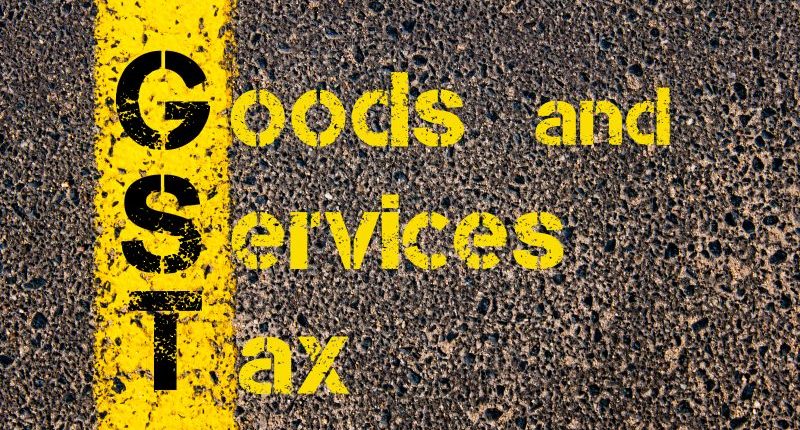The Goods and Services Tax Network (GSTN) had recently ramped up its GST helpdesk services. It had expanded its operations across 12 regional languages along with a provision for 9 a.m. to 9 p.m. service.
In a press release dated 1st May 2020, the GSTN shared data on services offered by its improved GST helpdesk. Over 56,690 taxpayers’ problems were addressed between 25th March 2020 and 24th April 2020.
The data also suggests that during this time, more than 19,552 tickets raised by taxpayers were resolved. The highest number of tickets addressed in a day was 2,766, and the lowest volume of calls was 1,776.
Usually, the taxpayers record their issues on the GST portal via voice calls and the Grievance Redressal Self-Help Portal (GRP). Most of the calls are general queries for which agents provide on-call resolution. However, users also raise a few technical queries on the GST portal via tickets. These tickets are created either by the helpdesk agent or directly by the user in the GRP.
Before the lockdown, roughly about 8,000 to 10,000 calls were being received every day for an average GST support desk. Around 2,000 tickets were collected on a regular lower GRP. Now with the lockdown in place, there is a steep drop witnessed in the call and ticket volume pattern on the GST helpdesk. The total transactions obtained (call inflow and GRP Tickets) are around 20% volume of the standard trend.
Also Read: States Seek to Extend GST Compensation to Combat COVID-19 Crisis
In such unforeseen circumstances, every other helpdesk service was either entirely non-functional or was operating on Interactive Voice Responses (IVRs). Hence, it was crucial to find a way to ensure that GST taxpayers were provided with the services seamlessly.
Accordingly, the GSTN partnered with TechM, helpdesk service partner to create a technologically robust virtual domain. This next-gen facility assisted its support staff in addressing the GST queries seamlessly. The activities began much before the lockdown by allowing its employees to transition from fixed logistics to suitable remote operations. Currently, out of its total helpdesk agents, more than 65% of them work from their homes.
The helpdesk and support staff went through a series of challenges including custom clearances, manual machine tagging, moving the machines to the agents’ homes and performing several rounds of tests, etc. Thus, a timely and efficient preparation ensured that the GST helpdesk services were not disrupted even for a single day. Eventually, it has caused the ‘Work From Home’ (WFH) helpdesk model to be more like the ‘Business As Usual’ (BAU) routine.
The Hindi helpdesk services received the highest number of calls accounting for 61.66 per cent of the total requests. English followed it with 14.80 per cent frequency. The regional language Marathi received the third-highest number of calls at 4.75 per cent. Gujarati closely followed it at 3.65 per cent. The next in the line is Telugu which recorded a 3.00 per cent of the total calls. Both Bengali and Tamil respectively accounted for 2.93 per cent and 2.86 per cent of the total requests.
On the other hand, the government, together with GSTN, have cautioned taxpayers to stay away from fake messages on GST refunds doing rounds via SMS, e-mail and WhatsApp. There have been reports of messages sent for soliciting taxpayers to share their details to enable GST refunds by disguising as GSTN. The GSTN has clarified these to be false and has emphasised that these are run by unscrupulous elements to take unfair advantage of the COVID-19 crisis using phishing.
www.gst.gov.in website is the only valid government portal for taxpayers to apply for GST refunds and make any follow-ups on the same. Any other URL or interface accessed through these fake messages is fraudulent. Moreover, the GSTN neither asks for personal information and refund details nor verifies KYC via e-mail, WhatsApp or SMS or any other website. Accordingly, the taxpayers have been advised to be vigilant about these notifications.
For any clarifications/feedback on the topic, please contact the writer at annapoorna.m@cleartax.in
Annapoorna, popularly known as Anna, is an aspiring Chartered Accountant with a flair for GST. She spends most of her day Singing hymns to the tune of jee-es-tee! Well, not most of her day, just now and then.





